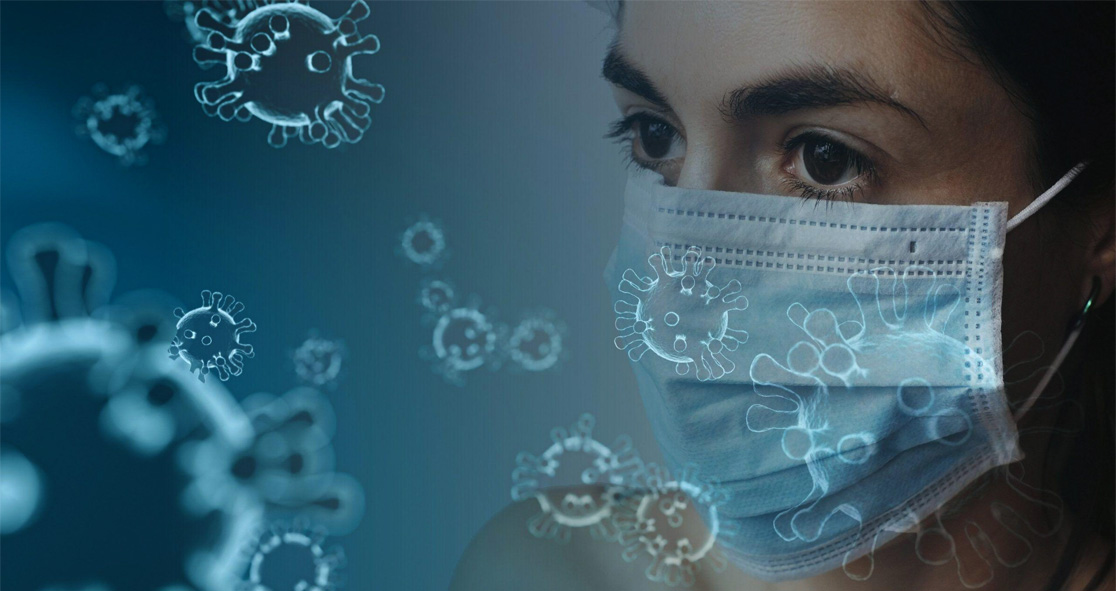A new study conducted by researchers from the University of Missouri School of Medicine and MU Health Care has found that the COVID reinfection rate is less than 1% for those who had severe illness.
The researchers reviewed more than 9,000 American patients with severe COVID infection. Of those, less than 1% contracted the illness again, with an average reinfection time of 3.5 months after an initial positive test, according to Science Daily.
The study, titled “Re-infection with SARS-CoV-2 in Patients Undergoing Serial Laboratory Testing,” was recently published in the journal Clinical Infectious Diseases. The National Institutes of Health (NIH) supported the study.
The team collaborated with the MU Institute for Data Science and Informatics and the Tiger Institute for Health Innovation and reviewed data from 62 health care facilities in the United States.
The investigators found that of the 9,119 patients, only 63 (0.7%) with severe COVID-19 infection contracted the virus a second time. Of the 63 who were reinfected, two died.
Lead researcher Dr. Adnan Qureshi of the MU School of Medicine said, “Our analysis also found asthma and nicotine dependence were associated with reinfection. However, there was a significantly lower rate of pneumonia, heart failure, and acute kidney injury observed with reinfection compared with primary infection.”
“This is one of the largest studies of its kind in the U.S., and the important message here is that COVID-19 reinfection after an initial case is possible, and the duration of immunity that an initial infection provides is not completely clear,” he added.
Dr. Iryna Lobanova, Dr. S. Hasan Naqvi, MD, William Baskett, Wei Huang, and Chi-Ren Shyu are the other researchers of the study. The article was published in Science Daily.























